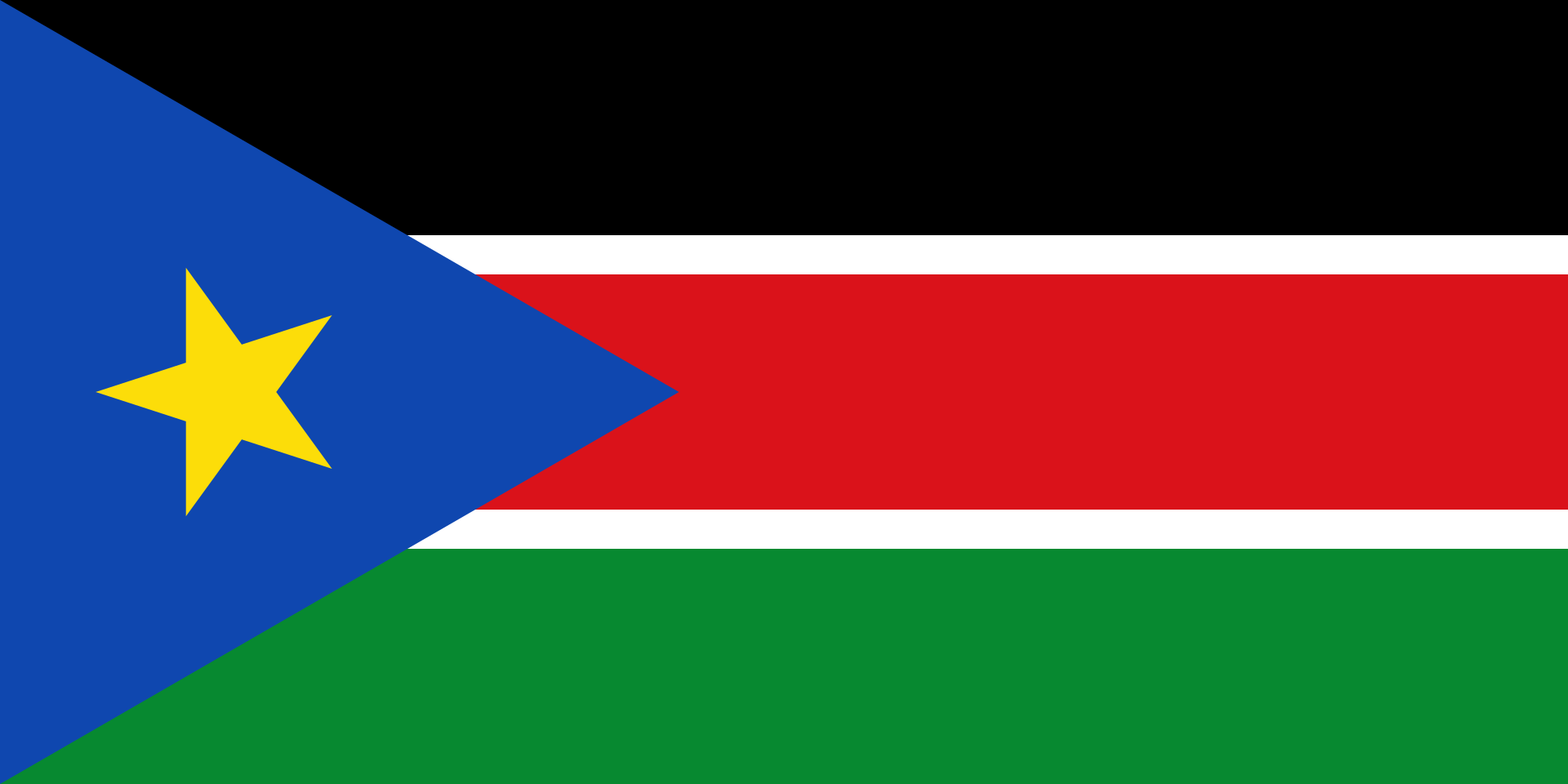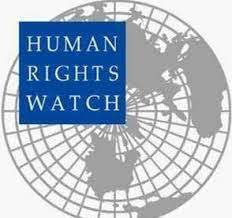With stops in Colombia and Guinea Bissau, the mafias of Sinaloa and Jalisco move “the devil's pill” in Nigeria, Sierra Leone, Ghana, Togo... Although it is legal in Mexico, the UN equates its addictive effects with fentanyl if consumption is doubled.
In Mexico it is a low-cost medicine that anyone can buy without a prescription, but in Africa it is an illegal drug that is ending the lives of hundreds of thousands of young people. And, at the same time, it is a big business for Mexican cartels that could rival the fentanyl market.
It's Tramadol. An analgesic to relieve moderate to severe pain. Its sale is so common that even a teenager can purchase a box of 100 milligram tablets for less than 99 pesos in its generic version. It’s so common that it’s part of the usual assortment in the medicine cabinets of Mexican families, who tend to be unaware that—like fentanyl—Tramadol is a synthetic opioid that in a short time can generate a powerful addiction.
In Africa, these same pills have different names, depending on the country. Some call it the terrorists' drug; others, the devil's pill. If used in low doses, it numbs like morphine; But if used in high doses, it produces long energy spikes throughout the day like heroin, according to experts at the World Health Organization.
In Sierra Leone, for example, those displaced by war use Tramadol to deal with post-traumatic stress; in Ghana it is consumed by construction workers who require it to perform extra hours of work; In Togo it is used by transporters who drive long days on the road; and in Nigeria it is devoured by members of terrorist groups such as Boko Haram and ISIS to kill in states of euphoria.
In the African press it is common to find headlines with the exact words of people hooked on this medication: “If I don't take at least three pills a day, I can't work” or “When I take Tramadol I turn into a monster ready for anything.” There are even reports of addicts as young as 15 and users as young as 9, mainly poor, displaced or homeless.
As occurred at the beginning of the fentanyl crisis, the first dealers of this narcotic discovered in 1962 were the doctors who prescribed it widely supported by pharmaceutical companies that omitted the devastating side effects of this synthetic opioid. Between 2005 and 2013, most African countries included Tramadol in their national list of essential medicines because it was cheap and supposedly harmless, and then began a slow rectification.
However, it was already too late: hundreds of thousands of people, mainly young people, had developed an addiction with symptoms similar to those caused by morphine, according to a report from the University of Ottawa in Canada, Geelong in Australia and London in the United Kingdom. .
The UN World Drug Report 2023 equates the expansion of Tramadol in Africa with the fentanyl pandemic in the United States, but without the spotlight of the press or world leaders weighing in on the issue. Due to the lack of attention from the international community, it can only be estimated in “millions” of people who use or have used Tramadol and in “tens of thousands” of deaths from overdoses.
Most of its victims now obtain Tramadol outside of doctors' offices. Dealers no longer carry stethoscopes, but rather long guns. Organized crime has found in this silent pandemic a thriving business that few care about.
Mexican mafia business
On January 20, Customs and Border Protection officers in the United States (CBP) randomly inspected a truck crossing from Nuevo Laredo, Tamaulipas to Laredo, Texas, a route controlled by the Gulf Cartel. A hole in the cabin caught the attention of the agents, who discovered about 70 kilos of Tramadol. It was the fourth seizure of that medication in that city in less than three months.
Nineteen days later, on February 7, CBP in San Ysidro, California, discovered 9,000 Tramadol pills and 640 syringes with B12 solution in a suitcase hidden in the engine of a truck driven by a man from Tijuana, Baja California. , a route that the Sinaloa Cartel usually uses to traffic undocumented migrants, drugs and weapons.
“We have no doubt that Mexican cartels are involved in the business. The increase in seizures speaks for itself: here in the United States a prescription is required to obtain the pills and in Mexico it’s not, so they bring them from the southern border using the same routes and the same techniques that they use to supply fentanyl. They even copy the secret compartments in the trailers.
“I wouldn't be surprised if it were the same case in Africa, because the Mexican cartels are already there. The problem is that today we have no way to confirm it because there are not enough studies and African countries do not have the capacity to carry out major criminal investigations to tell us the real origin of the Tramadol they consume," a CBP agent in Laredo, Texas, told MILENIO. , who is prohibited from speaking to the Mexican media about this new wave of synthetic opioids in his country.
The Mexico-Nigeria connection
There are two ways in which the Mexican cartels would feed this silent African pandemic: on the one hand, the methamphetamine route already used by the Sinaloa Cartel and the Jalisco New Generation Cartel, whose shipments leave from Mexico and make stops in Colombia, Brazil and Guinea Bissau or Cape Verde and then distributed throughout West Africa in countries with high consumption of synthetic opioids, such as Nigeria, Ghana or Liberia.
The other way is that the Mexican cartels are using “brokers” in China, India and Bangladesh so that a part of the chemical precursors they bring from Asia to make synthetic opioids stays in Africa and is delivered to local criminal gangs so that they can make their own mixtures similar to Tramadol. In this way, they shorten the narcotics route, reduce costs, reduce risks and continue collecting millions.
That would be the case of “kush” in Sierra Leone. Unlike Mexico and the United States, where “kush” refers to a very potent variant of marijuana, in that African country it is a mixture of cannabis, fentanyl and tramadol. More lethal, impossible. Its main sellers belong to the Nigerian mafia whose contacts with Mexican criminals are widely documented.
Since September 2012, the CRIM or Special Commission on Organized Crime, Corruption and Money Laundering of the European Union recognized that there were “documented links between Mexican cartels and criminal groups in Mozambique, the Democratic Republic of the Congo, Ghana and Nigeria.”
And recently, in 2023, in the latest Global Organized Crime Index, in the section on Nigeria, the authors recognize that this country plays a prominent role in the trafficking of Tramadol through Africa and Asia, thanks to its porous borders and institutional corruption.
“Latin American actors are known to have been involved in drug trafficking in Nigeria. Additionally, foreign networks are involved in arms trafficking, and Mexican cartels are understood to cooperate with Nigerian companies for this purpose within Nigeria,” wrote the authors affiliated with the Global Initiative Against Transnational Organized Crime.
The absence of studies makes it impossible to know the value of this black market, but the Institute for Security Studies in Africa calculates that each street dose, on average in Central Africa, has a cost close to one Mexican peso, which shows that the profitability of this business for the cartels is in the volume of their victims: more is better for their profits.
It doesn't matter that these victims of the over-the-counter drug crisis increasingly have the faces of children who use Tramadol out of the international spotlight.










